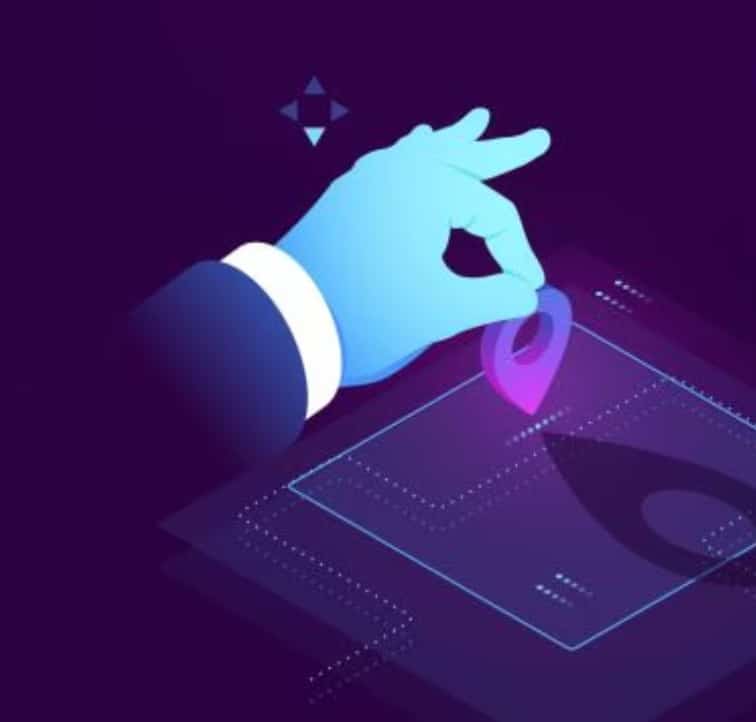The Nobel Prize in Chemistry for the year 2023 was presented to Moungi G. Bawendi, Louis E. Brus, and Alexei I. Ekimov in recognition of their groundbreaking work on the discovery and synthesis of quantum dots. Quantum dots are nanoparticles with versatile utility in various domains, including advanced surgery, electronics, and quantum computing.
Nobel Prize in Chemistry 2023
The groundbreaking research that earned Nobel recognition is attributed to three remarkable scientists: Dr. Ekimov, Dr. Brus, and Dr. Bawendi.
Dr. Ekimov’s pioneering work in the early 1980s revolved around the creation of size-dependent quantum effects within coloured glass.
- His investigations, initiated in 1979, involved the study of glass infused with copper chloride, subjected to high-temperature heating, and subsequent cooling.
- These studies revealed that the glass’s light-absorbing properties varied depending on the preparation method.
- This divergence arose from the formation of minuscule copper chloride crystals, with their differing sizes influencing their interactions with light.
Dr. Brus and his colleagues took a significant step forward in 1983 when they extended this research by producing similar crystals in a liquid solution rather than in glass. This innovative approach provided greater control over the manipulation and examination of these crystals. Their size variations continued to affect their interaction with light, just as observed in Dr. Ekimov’s work.
In 1993, Dr. Bawendi advanced the field further by developing a technique to synthesise quantum dots, these unique crystals, with precisely defined sizes and superior optical qualities.
- His method involved injecting a substance, which would constitute the quantum dot, into a heated solvent and subsequently raising the solution’s temperature.
- This process naturally led to the formation of nanocrystals, with extended heating resulting in larger particles. Importantly, the solvent ensured that these crystals possessed smooth outer surfaces.
- Dr Bawendi’s method’s simplicity facilitated its widespread adoption by scientists, enabling them to create and investigate the quantum dots they required.
What are Quantum Dots?
Background:
- An element’s properties are fundamentally determined by the number of electrons it possesses.
- However, when matter reaches nanoscale dimensions, its characteristics become intricately linked to its size.
- Smaller particles experience a greater compression of electrons, which has a profound impact on their properties. This phenomenon arises because, at the nanometer scale, quantum physical forces take precedence, while in the macroscopic realm, gravity and classical physics govern.
- Particles whose behaviour is dictated by their size are known as quantum dots.
About:
- Quantum dots are minuscule particles measuring only a few nanometers in width.
- They possess distinct optical attributes due to their diminutive size.
- Despite sharing the same structural and atomic composition as bulk materials, the properties of quantum dots are intrinsically tied to their size.
Idea about the Existence of Such Particles:
- In theory, the concept of such particles had long been within the realm of scientific understanding.
- By the 1970s, physicists were aware that the optical properties of glass could be altered by introducing trace amounts of other elements, such as gold, silver, cadmium, sulfur, or selenium.
- While they had some knowledge of how and why these modifications occurred, the synthesis of quantum dots as discrete entities had not yet been achieved at that time.
Q1) Who got the Nobel Prize in Chemistry in India?
Venkatraman Ramakrishnan is the only Indian-born scientist to have won the Nobel Prize in Chemistry. He was awarded the prize in 2009, along with American biophysicist and biochemist Thomas Steitz and Israeli protein crystallographer Ada Yonath, “for studies of the structure and function of the ribosome”.
Q2) Who won the Nobel Prize in Chemistry in 2022?
The 2022 Nobel Prize in Chemistry was awarded to Carolyn R. Bertozzi, Morten Meldal, and K. Barry Sharpless “for the development of click chemistry and bioorthogonal chemistry”.
Last updated on December, 2025
→ Check out the latest UPSC Syllabus 2026 here.
→ Join Vajiram & Ravi’s Interview Guidance Programme for expert help to crack your final UPSC stage.
→ UPSC Mains Result 2025 is now out.
→ UPSC Notification 2026 is scheduled to be released on January 14, 2026.
→ UPSC Calendar 2026 is released on 15th May, 2025.
→ The UPSC Vacancy 2025 were released 1129, out of which 979 were for UPSC CSE and remaining 150 are for UPSC IFoS.
→ UPSC Prelims 2026 will be conducted on 24th May, 2026 & UPSC Mains 2026 will be conducted on 21st August 2026.
→ The UPSC Selection Process is of 3 stages-Prelims, Mains and Interview.
→ UPSC Result 2024 is released with latest UPSC Marksheet 2024. Check Now!
→ UPSC Prelims Result 2025 is out now for the CSE held on 25 May 2025.
→ UPSC Toppers List 2024 is released now. Shakti Dubey is UPSC AIR 1 2024 Topper.
→ UPSC Prelims Question Paper 2025 and Unofficial Prelims Answer Key 2025 are available now.
→ UPSC Mains Question Paper 2025 is out for Essay, GS 1, 2, 3 & GS 4.
→ UPSC Mains Indian Language Question Paper 2025 is now out.
→ UPSC Mains Optional Question Paper 2025 is now out.
→ Also check Best IAS Coaching in Delhi

















